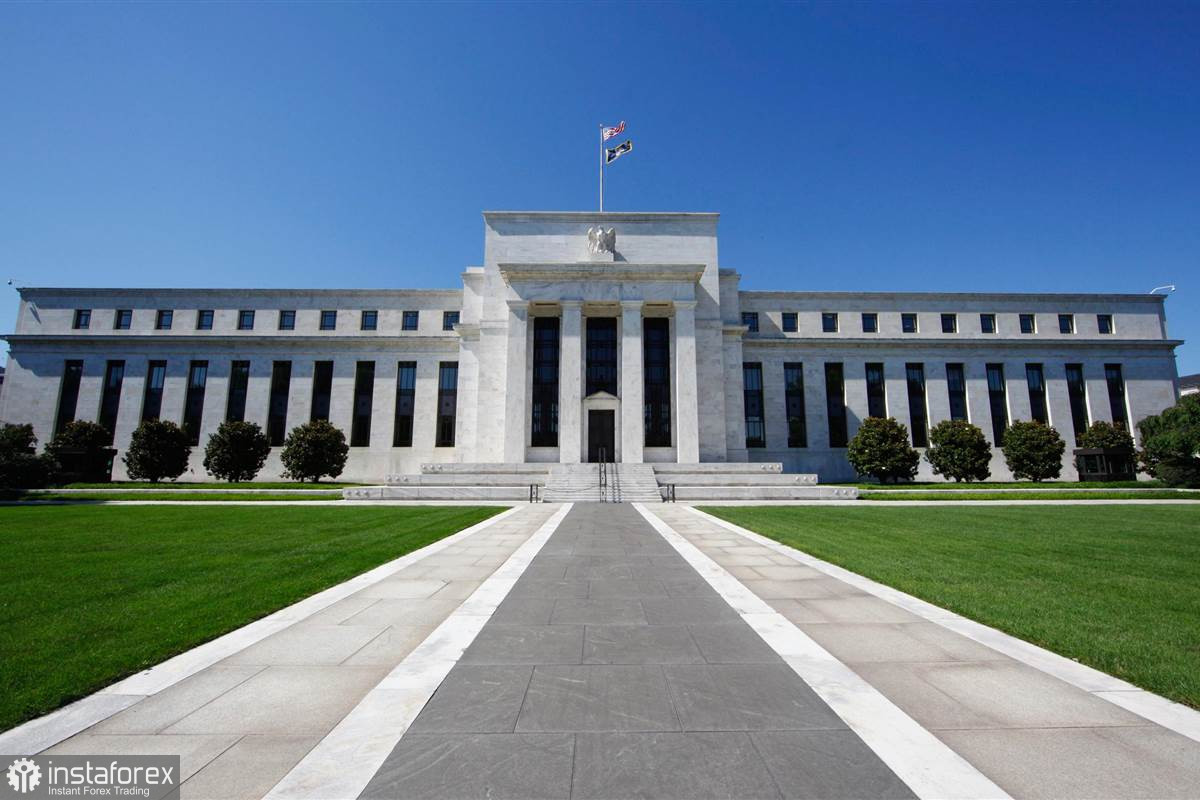
US stock indices have started a further corrective movement for the last two days and the first signs of ending the bullish trend are obvious now. It is hard to say what could be expected if Lael Brainard became the next Fed head. However, the fact that Jerome Powell will most likely stay in his position indicates that the Fed will continue to stick to its plan of gradual tightening of monetary policy. Thus, stock indices may start falling in advance if investors, in anticipation of further monetary policy tightening, start to exchange their stocks for bonds, deposits, and other less risky investment tools. Nowadays, the stock market is a risky investment as many experts have repeatedly warned about its bubble. Besides, the cryptocurrency market also demonstrates this tendency. Huge sums of money, which were printed by the Fed or created in its accounts and introduced into the economy are to blame. They caused the highest inflation in 30 years, as well as accounted for many market bubbles. Moreover, bubbles eventually burst. Therefore, it is possible to say that both the stock and cryptocurrency markets still have the potential for growth, as the QE program is further functioning in the USA, that is, money continues to be properly created at the central bank and poured into the economy. However, the question is, when will market participants start to be wary of keeping their assets in bubbles?
Today, the minutes from the last FOMC meeting will be released in the US. Notably, FOMC minutes, or the so-called "minutes", rarely provoke serious movements in the markets as all information about the meeting is usually available right after the meeting itself. However, there are exceptions. In particular, at the last meeting a significant decision was made to curtail the economic stimulus program. Therefore, the minutes may contain the following data: how many Fed members supported that decision, how many Fed members backed a rate hike and its timing. Roughly speaking, tonight it is possible to grasp (if the relevant information is available) the sentiment of the Fed monetary committee members. Moreover, taking into account this aspect, it is easy to conclude the next possible tightening of monetary policy. Notably, some experts and members of the Federal Reserve Board believe that the QE program can be completed before April 2022, and the US economy needs more rapid tightening than currently planned. Inflation continues to accelerate and should be reduced. However, the Monetary Committee members' recent speeches have confirmed that many of them do not support the accelerator plan. The policy tightening will most likely be gradual.
 English
English 
 Русский
Русский Bahasa Indonesia
Bahasa Indonesia Bahasa Malay
Bahasa Malay ไทย
ไทย Español
Español Deutsch
Deutsch Български
Български Français
Français Tiếng Việt
Tiếng Việt 中文
中文 বাংলা
বাংলা हिन्दी
हिन्दी Čeština
Čeština Українська
Українська Română
Română

